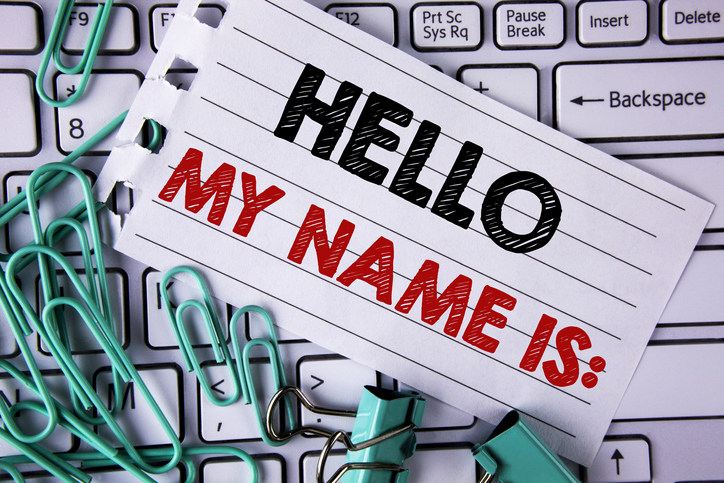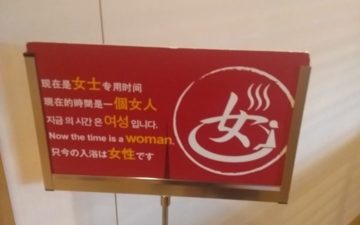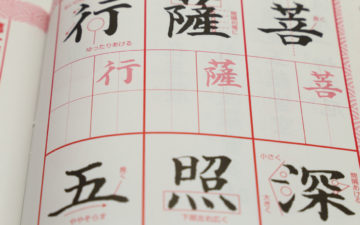Let’s talk about names.
Names are the central part of our identity: our names separate us from the person next to us and express whose family we belong to. Without a name you lose a part of yourself; you’re just another face in the crowd. We take pride in our names and change them to show our family and where we belong, have a first name to be called by.
Names in the west generally take the order of first name, surname. Setting the first name before the surname reflects the general individualist culture of western nations. The opposite trend is seen in Asian countries. For example, Japan is a heavily group-based society, and naturally prioritize the family name over the given name. Names in Japan traditionally begin with the family name. This shows the importance of the group over the individual.
This makes it tricky when translating Japanese names into English. Up until the Meiji Restoration in 1886, Japanese names were translated in the traditional Japanese order. Consequently, famous historical characters from Japan are actually referred to in English in the opposite order. Tokygawa Ieyasu, Oda Nobunaga and Toyotomi Hideyoshi are all examples of this. The generally accepted translation of Japanese names was in their original order.
However, after the Meiji Restoration when Japan opened itself up to the world with hopes to modernize, the trend shifted. Japanese names were translated to reflect their western counterparts, in the given name-surname order.
That’s why we now have Shinzo Abe, Hayao Miyazaki and Haruki Murakami.
And yet the winds have begun blowing again. Following the start of a new era and with many upcoming global events being hosted in Japan (G20, Rugby World Cup, Tokyo Olympics), the translation of Japanese names has become a hot topic once more. In particular, a recent movement by the Foreign Minister Taro Kono, has gained traction overseas: Kono issued a plea to international media outlets to revert back to the original Japanese name order of surname-first name.
In addition, in September, the Japanese government made an official announcement to reverse the order of names (surname-first name) in all English-language texts on official websites run by the respective ministries, as well as white papers.
With the 2020 Tokyo Olympics/Paralympics rushing closer and the world’s gaze fixed firmly on Japan, it seems the Japanese government is trying to take the chance to reverse the standardization of Japanese name conventions in English.
Will it take off? Well, it will definitely take a long time to uproot the habit of Englishifying Japanese names.
In terms of translation outside of Japan, the name-surname order is still standard, and will potentially remain standard for a while.
Personally, I am somewhat skeptical about how smoothly this will go, if it goes at all. Changing traditional is a difficult job, but as history shows, it’s been done before.







